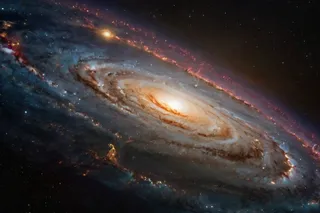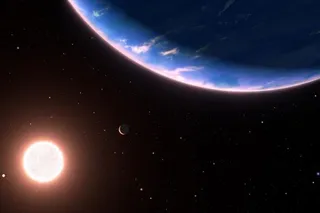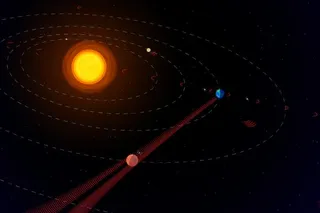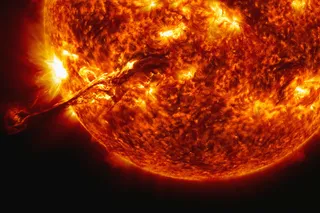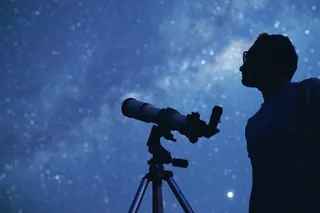There’s a major outstanding question lingering over the future of human spaceflight: Just how much radiation can the body handle? While humans have spent more than a year at a time on orbiting space stations without ill effect from radiation, almost all astronaut experience has been in low-Earth orbit. There, humans are still semi-safely enclosed within our planet’s magnetic field, which offers protection from the bulk of space radiation.
Researchers also know that short, powerful doses of radiation are deadly. But less is known about long-term, low-dose radiation — the kind that settlers on Mars or the moon would face.
Now, a team of scientists led by Charles Limoli at the University of California, Irvine, has taken a step toward a better understanding of those long-term risks. The researchers exposed mice to chronic, low-dose radiation for six months. The results are troubling for the future of spaceflight. The radiation left ...






